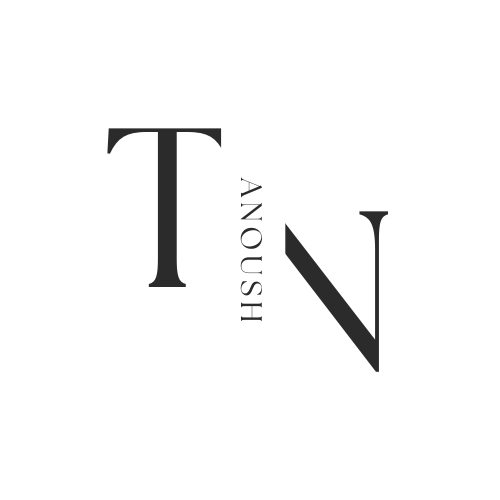
Let’s dive into the strengths, weaknesses, opportunities and threats that define Oatly!
Strengths
Popularity: Oatly is one of the first oat-based non-dairy drink alternatives and, therefore, has an association with the brand name. Most coffee shops carry Oatly’s barista blend, and many recognize not only the name but also the iconic packaging. Starbucks has been carrying Oatly Barista Edition Oat Milk, which is a great addition to coffee and foams just like regular milk, since 2021.
Pioneering the Industry: Oatly has been leading the non-dairy industry since 1994 and paving the way for other brands to follow suit. Not only is there data readily available on Oatly’s website regarding them pioneering the industry in oat-based product creation, but the overall popularity of using oats as a non-dairy base has increased. They the first to publish their greenhouse gas emissions on their product labels, and they were also one of the first to target baristas as brand ambassadors and used a different marketing appeal to target global attention (Mridrul, 2023).
Ability to Set Trends: With many products created as a result of wanting a non-dairy alternative, Oatly has set the trend for other brands to follow. Not only has it innovated different non-dairy cheeses, but it has also always stayed ahead of the curve and created unique products that audiences want.
The feeling associated with the brand brings a sense of uniqueness to users’ engagement with it. The colors are muted but recognizable, allowing users to place the brand just by seeing the packaging or fonts.
Weaknesses
It has gained recent negative press for using rapeseed oil in its products. Rapeseed oil is one of the highest consumed oils in the world, also known as Canola Oil. The oil remains genetically modified and GMO crops have been linked to a multitude of negative health outcomes which has been the cause of much negative press.
The brand gained negative press for accepting a $200 million investment from Blackstone, which led brand lovers to question whether they should boycott the brand. This raised concern as Blackstone supported a presidential candidate who was for deforestation when Oatly is so heavily reliant on the sustainability aspect of its mission.
There is little variability in ingredients, which leaves the company vulnerable to changes in consumer preferences as it is only invested in one market. Once a user shifts from wanting oats as the base of their products, the company is vulnerable to losing a once loyal customer.
Opportunities
Social Media: Continue to have a social media presence, maybe focus on different campaigns and invest in a more consistent feed and posting. The brand heavily focuses on sharing sustainability initiatives through social media, which is great, but sprinkling their products in a cohesive way into their feed will allow the audience to want to engage more with the brand. Whether they tease new launches or expand onto different platforms such as TikTok –there is a large opportunity to garner new customers through a different social media strategy.
In-store events to promote the launch of the Non-Dairy Classic Brie, whether this be in different Whole Foods or Gelsons. Overall, in-store activations will have users engage more with the brand. This can be done by sampling the items, limited edition pop-ups, or events, and encouraging new and returning customers to try out new products and re-engage with the brand.
Continue sustainability campaigns and incorporate initiatives in a more cohesive way on their website.
Threats
Dependency on Oats: As mentioned in the weaknesses section, this is also a threat as the dependency on oats leaves them vulnerable to different trends in consumer preference. Not only that, but this also leaves the company vulnerable to supply chain issues.
Oatly no longer has market dominance: With the rise of many other non-dairy alternatives, a market that Oatly once led is now filled with many competitors. In the US, some of the top competitors are Ripple Foods, Califia Farms and Formo. They offer similar products, and Califia Farms, in particular, has started targeting the use of oils in products and released a line of milk and creamers that do not include rapeseed or sunflower oils or gums. This offers an appeal to the health-conscious and may steer users away from the cult classic.
Product Recall: The brand has had a few product recalls that have raised government-level concerns, as the FDA “warned people not to consume such products because they may be contaminated with cronobacter sakazakii and clostridium botulinum, which can lead to a host of health issues including food poisoning, UTIs, vision problems, and worst case, respiratory paralysis” (Mridrul, 2023). This led to the product being recalled from store shelves, which led the companies stocking the products to be hit with class-action lawsuits.
All content on this page is for educational purposes only and has no official affiliation with Oatly.
